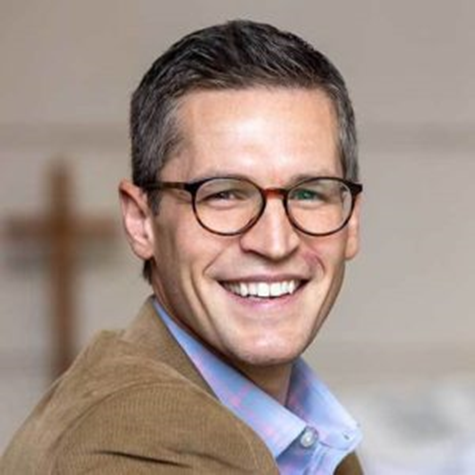Resilience is a catchy leadership word. It’s trending. Certainly, the complexities of leadership today require resilience. Every leader I know has exercised some level of resilience navigating the pandemic with their church, organization, or business. There’s no shortage of books or articles on the topic of resilience. You know you need resilience.
In his book Do Hard Things: Why We Get Resilience Wrong and the Surprising Science of Real Toughness, writer and coach Steve Magness, writes about the myths of resilience we should stop believing. He notes that most definitions of resilience tend to suggest leaders “have thick skin, fear nothing, constrain emotions, and hide vulnerability.” In other words, resilience is a superhuman strength. However, Magness offers five contrasting insights into resilience.
Acting Tough Isn’t the Same as Being Tough
In our culture, we often think toughness is the same as power, control, or authority. As leaders, we believe we can’t let our board or team see vulnerability. I’ve used the metaphor of Teflon before—as in leaders must have Teflon skin. But, what if our toughness is working against our capacity for resilience? Magness suggests, “Real toughness is borne of self-security that is rooted in confidence, but not arrogance. Toughness is about figuring out how to thrive in adversity, and isn’t concerned with posturing.”
Understand Your Inner World—Don’t Avoid It
I’m a three on the Enneagram which means I prefer to avoid feelings. It’s not always a great strategy, especially with my spouse! Right now, I’m watching my 18-month-old daughter learn how to handle her feelings. She doesn’t yet have words, so she tends to bite her friends. How often do you bite—metaphorically, of course—your friends, coworkers, or teammates when you’re frustrated? Understanding your emotional, inner world is a critical leadership tool. Embrace it, don’t avoid it. Grow your emotional intelligence. Feelings and emotions help us understand and then act on what’s happening inside us as well as around us.
Bravado Backfires
There is a fine line between confidence and arrogance. You want a healthy dose of confidence to finish projects, start new initiatives, and achieve results. However, a little humility goes a long way. Borrowing from research conducted during military survival training, Magness points out that the difference between what a leader projects and what they can actually accomplish is resilience. In good times, we project confidence, perhaps overconfidence. But, when stress increases, our bravado trips us up. Humility, or the willingness to say, “I don’t know,” goes a long way.
Respond, Don’t React
Every once in a while, someone approaches me, frustrated by a decision I made or a new direction the church is going. I find that my most difficult task in these situations arises not from their frustration, but instead from my desire to react. Magness suggests in these situations, “Whenever you feel the urge to react, pause, take a few deep breaths, and sit with that urge. You are training your mental muscle to be in control, to be considerate, and deliberate with your response.”
Real Toughness Comes from Satisfying Core Needs
The support of a team, a group of people, friends or family goes a long way. In stressful situations, we often default to our standard operating procedure. For me, that usually means I try to grab control so I can dictate the outcome. That’s not always helpful—and the desire to control is not true resilience. Resilience arises from within the environments we have helped to create and of which we are a part. One of the best things we can do as leaders is create an environment where core needs—including emotional needs, financial needs, and the need for meaningful work—are being met. When core needs are met, you and your group, team, or organization will experience greater resilience when tough situations arise.

Joshua Clough served as Location Pastor for Resurrection Overland Park. He completed his doctorate in Practical Theology and Leadership at Fuller Theological Seminary. He runs marathons, ultra-marathons, and because he grew up in Seattle, drinks a lot of coffee.